https://mse.ethz.ch

www.science.org/doi/10.1126/...
#MicroSKy #Microbiology
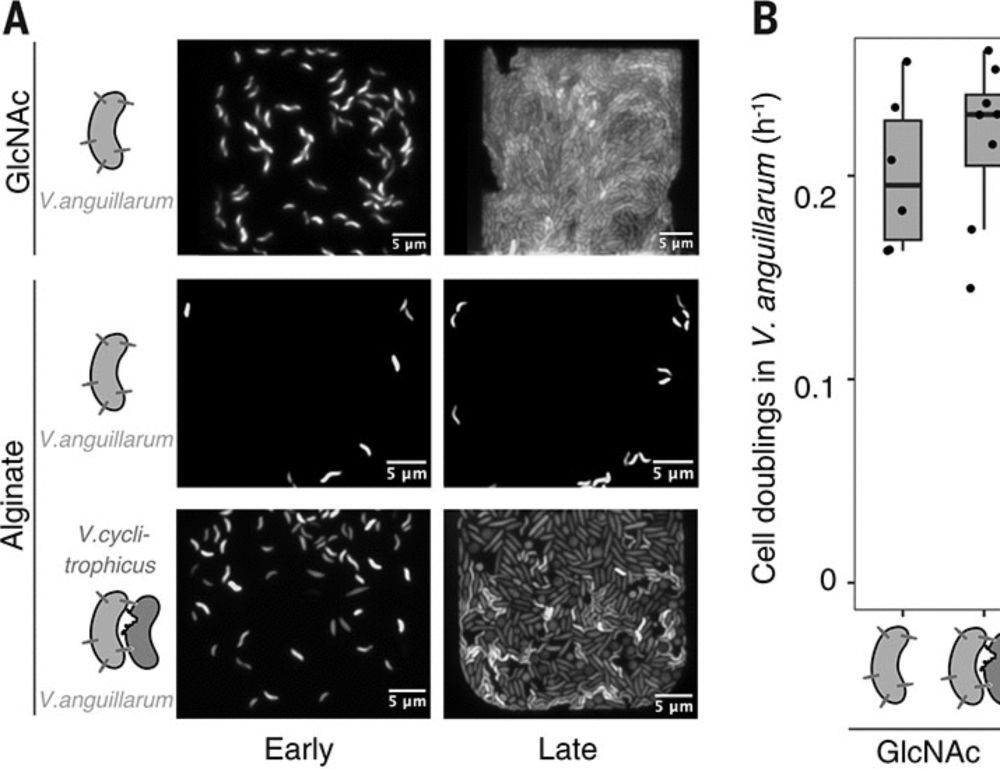
In our new preprint, Divvya Ramesh combines microfluidics, microscopy and modelling to show that the benefits of gene loss are highly context dependent.
Check it out here: www.biorxiv.org/content/10.1...
In our new preprint, Divvya Ramesh combines microfluidics, microscopy and modelling to show that the benefits of gene loss are highly context dependent.
Check it out here: www.biorxiv.org/content/10.1...
#KNVM2025
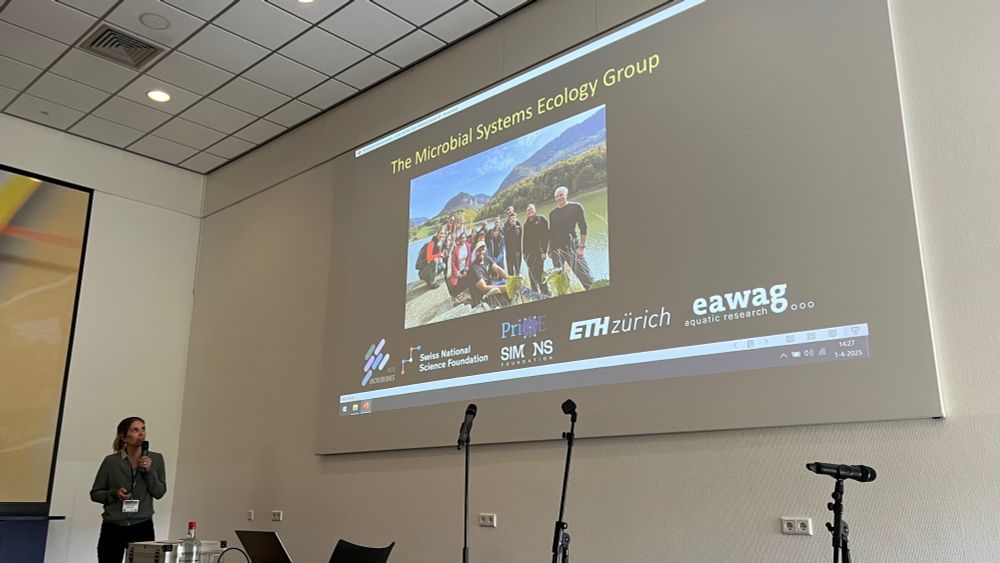
#KNVM2025
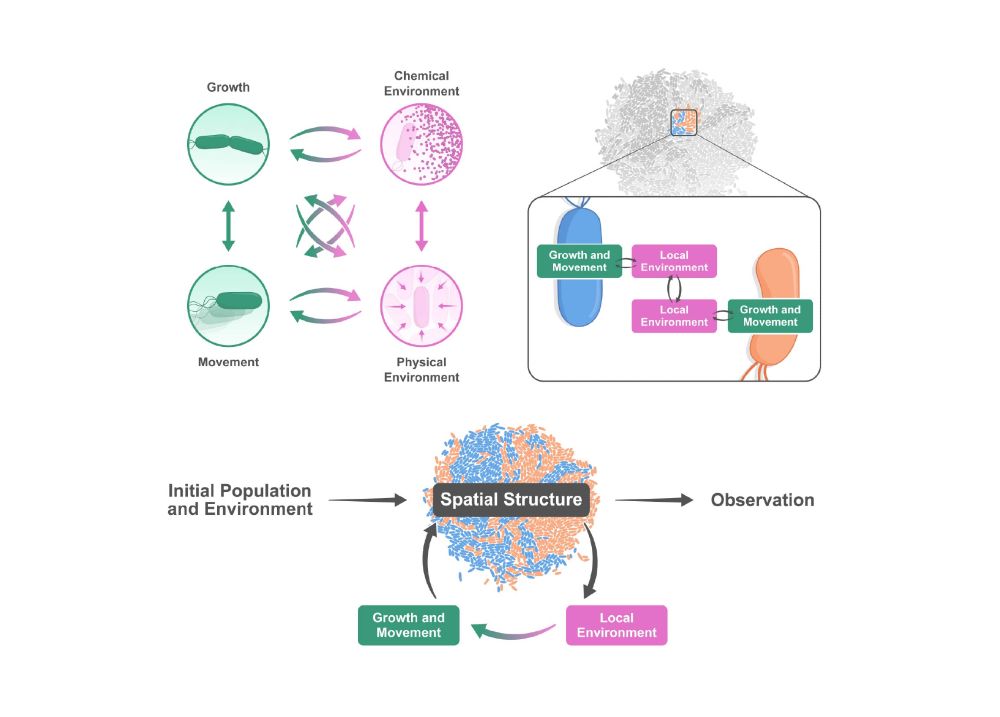
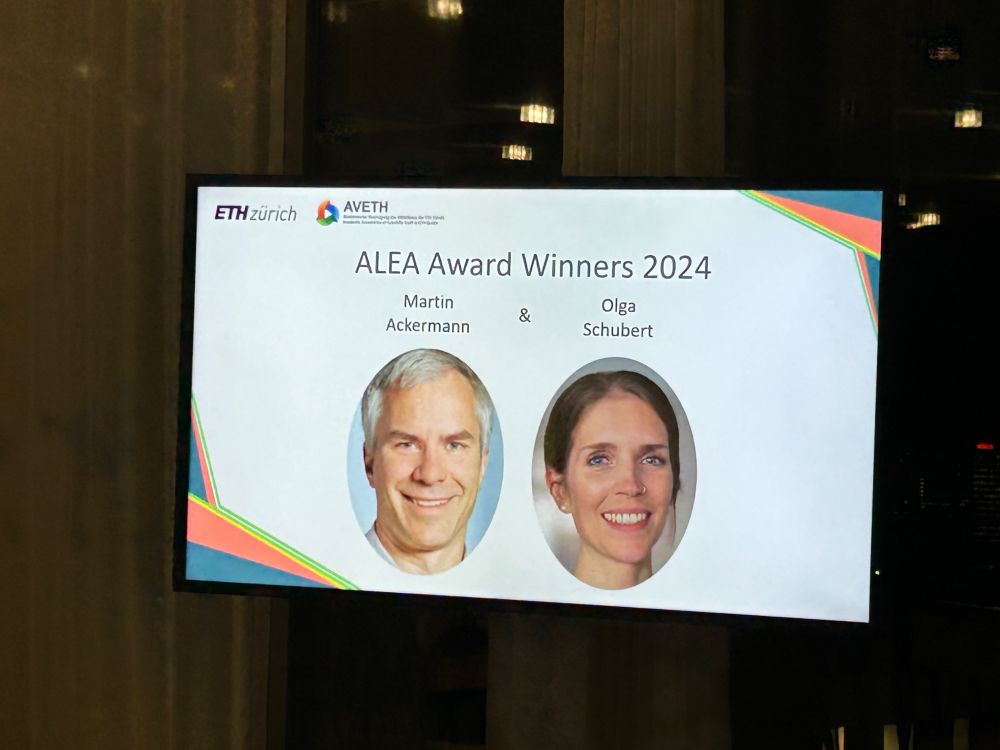
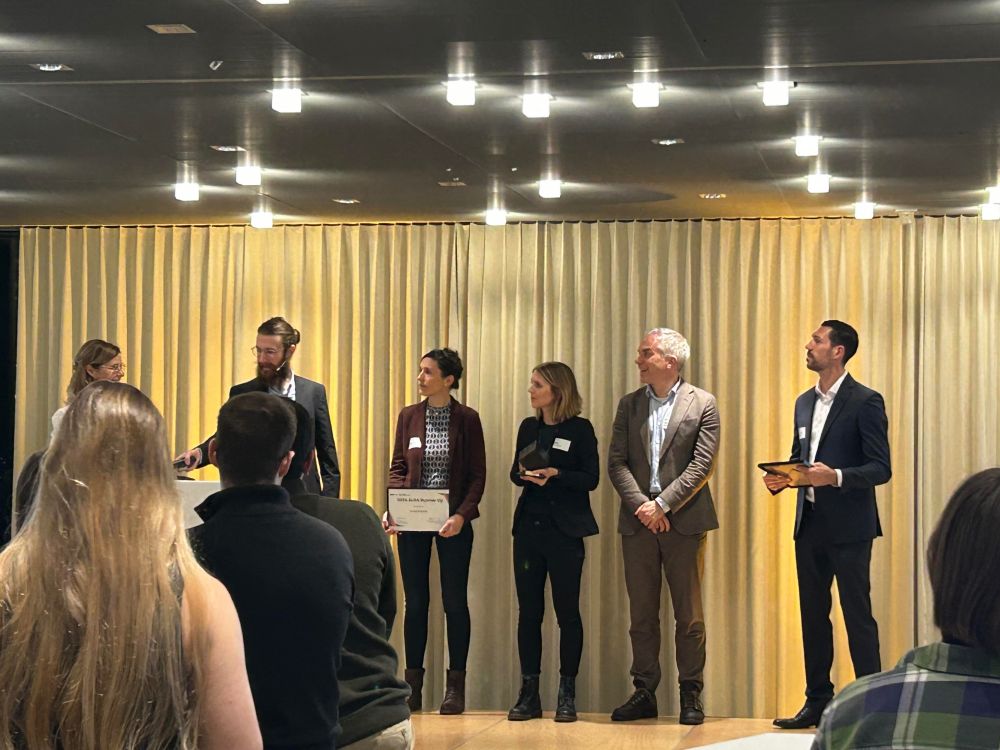
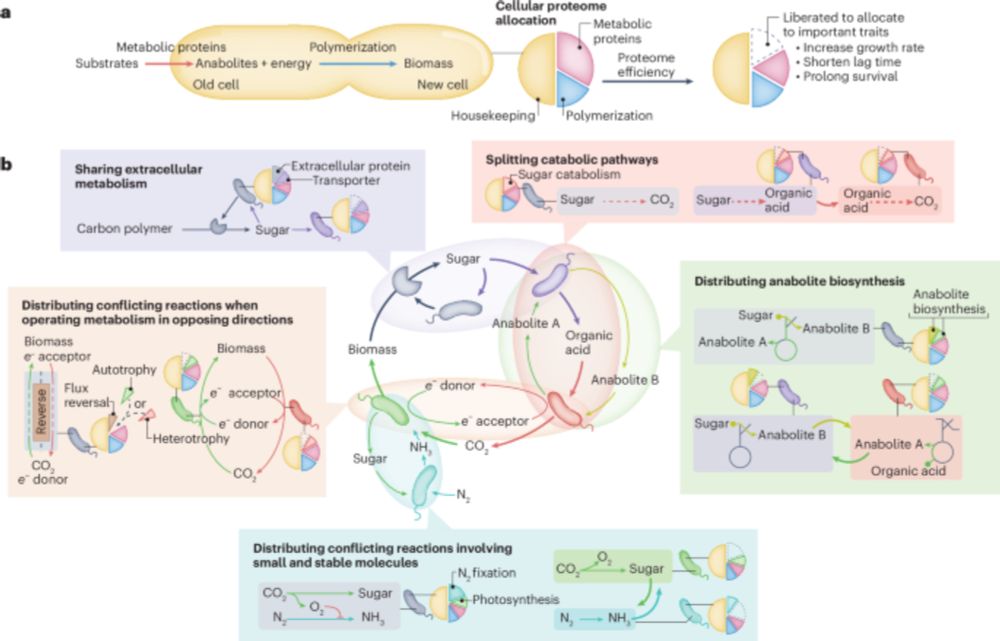
www.biorxiv.org/content/10.1...


elifesciences.org/articles/93855


